By Lt.-Gen (R) Talat Masood -
Fighting for Pakistan’s future
Pakistan’s military has finally launched the long awaited North Waziristan operation. Several factors were responsible for the delay. The civilian government was keen to take all parties on board and develop a consensus. The rightwing conservative parties and Imran Khan’s Tehrik–i-Insaf wanted the government to engage in dialogue with TTP leaders and the parliament too had passed a resolution where parties like PPP, ANP and MQM had also agreed to give dialogue a chance.
The Prime Minister for many months had shown little inclination towards opting for a military operation. In fact it was the brazen terrorist attack at Karachi airport that ultimately made him realize that the country is already in a state of war and this policy of indecision could not continue.
From the military’s standpoint, political ownership is vital, because for counter-insurgency operations to succeed and to be able to defeat terrorism, the unmitigated support of the people is a prerequisite.
Clearly, North Waziristan is the pivot and bastion of insurgency and in comparison to the previous engagements poses a greater challenge for our armed forces. It is not only the stronghold of TTP but also of foreign militants including battle hardened Uzbeks, Chechens and Tajiks that, according to informed sources, number nearly 4000.
In addition there are fighters of Sirajuddin Haqqani and Hafiz Gul Bahadur with whom Pakistan Army has either peace agreements or some tacit understanding. Apparently the majority of the Haqqani fighters have since moved to Afghanistan or the adjoining Kurram Agency. Hopefully, Hafiz Gul Bahadur will stay out of the fight and this arrangement will suit the Pakistan army, as it would like to focus primarily on the TTP and their foreign allies.
The other compelling factor for establishing the writ of the state in North Waziristan at this time was the withdrawal of US forces from Afghanistan. With very limited control of the Kabul government in the adjoining Afghan provinces that border Pakistan, the future of this region was so unstable and uncertain that it was vital to regain control over our own border territories. The success of the military operation in North Waziristan is also the key to weakening and eventually neutralizing the strength of the TTP and its allies in the rest of Pakistan.
Our army in the last ten years has gained considerable experience in conducting insurgency operations. Surely the lessons learnt in the Swat and South Waziristan operations will be applied and improved upon. It is expected that the army leadership will have made very detailed plans for conducting this operation. TTP and foreign fighters too have become battle hardened operating under difficult conditions and are familiar with the terrain, as they have been living there for many years and operating in the Pakistan-Afghanistan theatre. The army leadership is fully aware of the strengths and weaknesses of the insurgents and will have factored this in its planning.
From the reports emanating from North Waziristan it seems the army command has systematically sealed off the area of operations by controlling the exit and entry points prior to launching the major ground offensive. Precision air strikes are being launched on suspected militant hideouts. Having first encircled the cities of Miranshah and Mirali and evacuated the civilian population the army will launch the military operation in full force.
The evacuation of the affected civilian population by the government was initially not well planned, which resulted in considerable hardship to the Internally Displaced Persons. The government has belatedly shaped up their efforts but a lot more has to be done to alleviate the sufferings of the IDPs. Firstly, the families coming from North Waziristan do not want to stay in camps and it would be advisable if they were temporarily put in schools or empty government buildings. It is also important to provide them with at least minimum medical facilities close to their places of abode. Although the army had planned the move in a phased manner, but due to shortage of transport, broken roads and harsh weather the IDPs have faced considerable hardship.
Along with launching the military offensive in North Waziristan the government and security agencies should be taking preventive measures against any militant backlash in the major cities of Pakistan. This demands a high level of professionalism on the part of intelligence and security agencies, which so far has been lacking.
It is also expected that the government with the help of the army will simultaneously start planning the rehabilitation, reconstruction and formulation of a new social contract for FATA.
During the evacuation phase every effort was made to ensure that the people leaving North Waziristan were registered and their identities scrutinized in order to separate the militants from the population.
Acquisition of accurate intelligence would be an important element for the success of the operation. Moreover, in counter-insurgency operations it is crucial that the military is suitably resourced both in terms of manpower and equipment. Of course, also crucial for the success of the operation is the quality of leadership and we are fortunate that the new army command is highly professional and dedicated.
The writer is a retired Lt. General and a prominent commentator on issues related to politics and defence










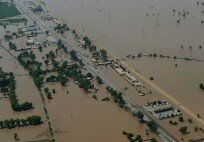

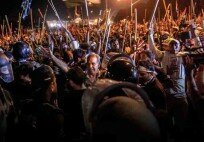





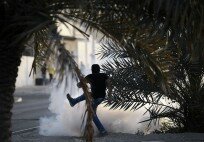
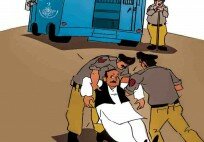

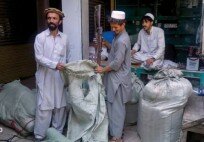









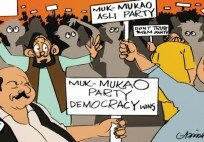
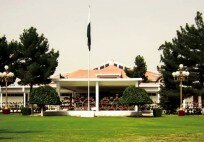






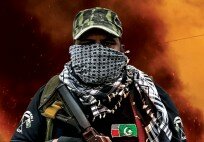
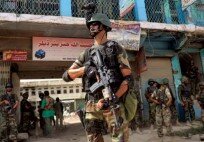
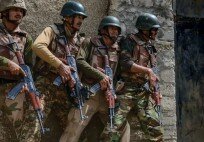
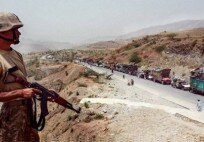




























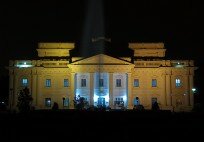
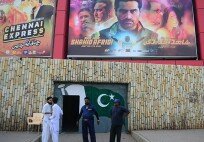














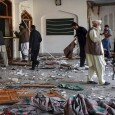
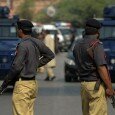

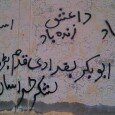


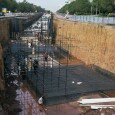
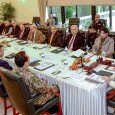

Recent Comments